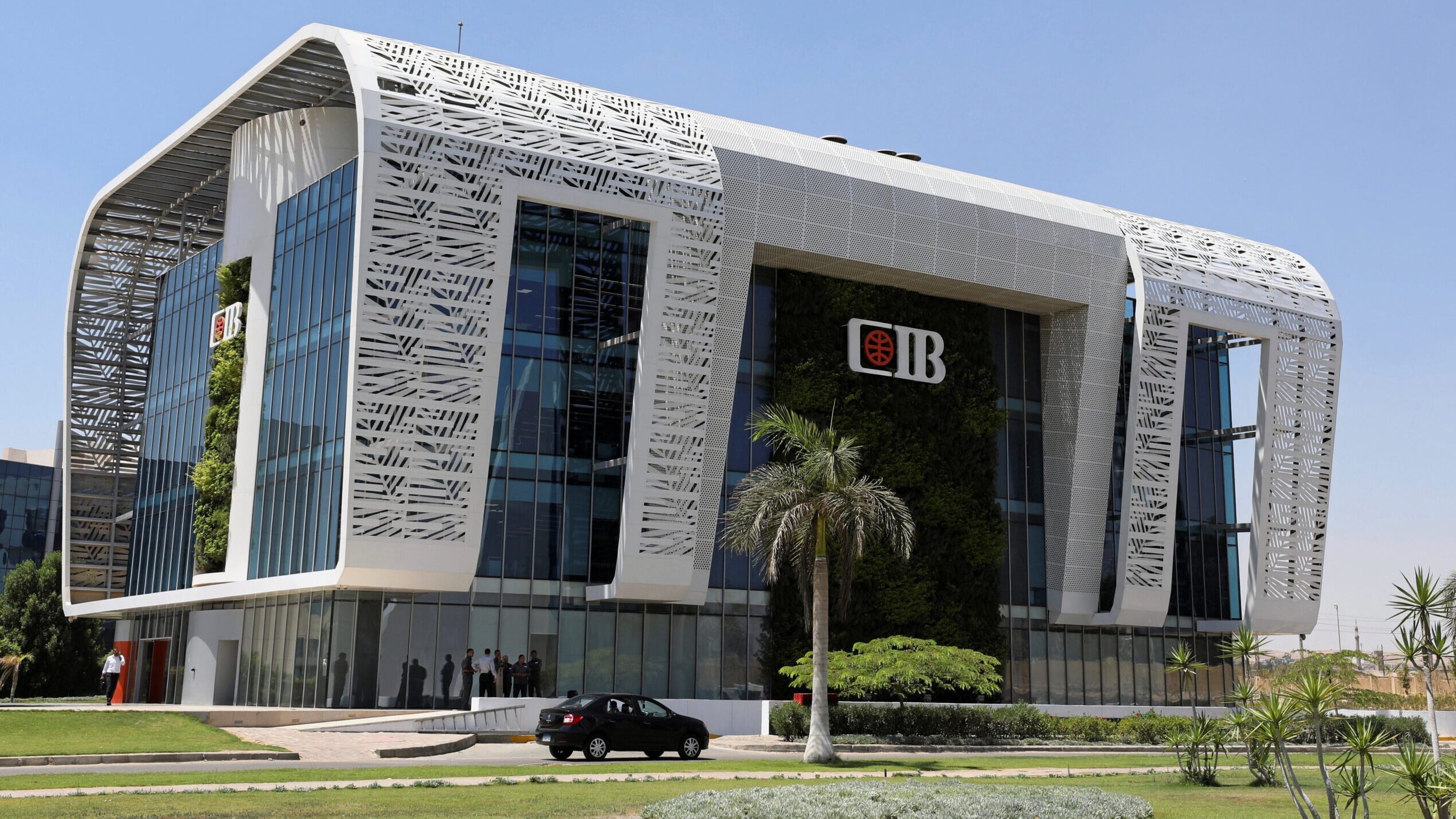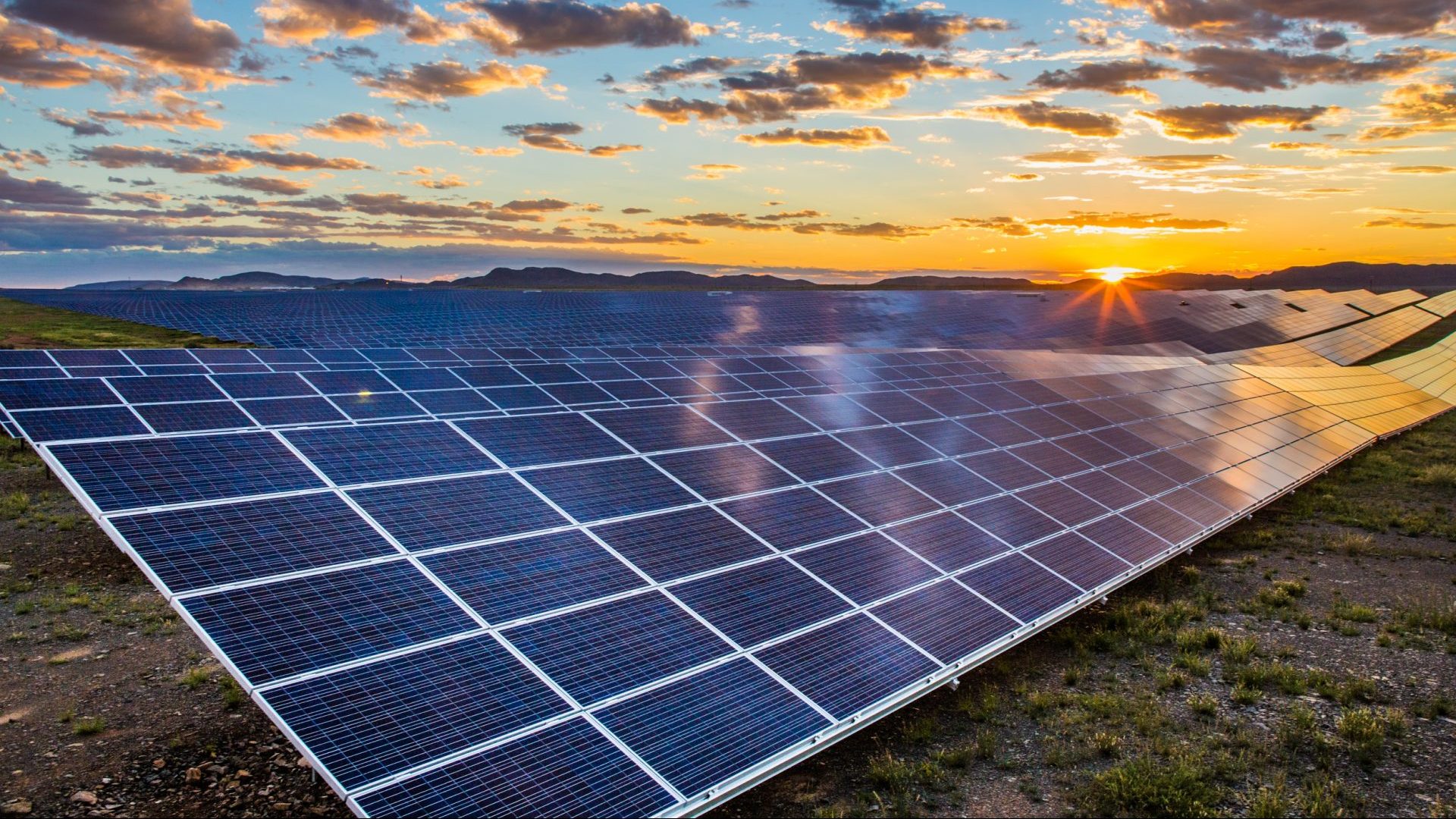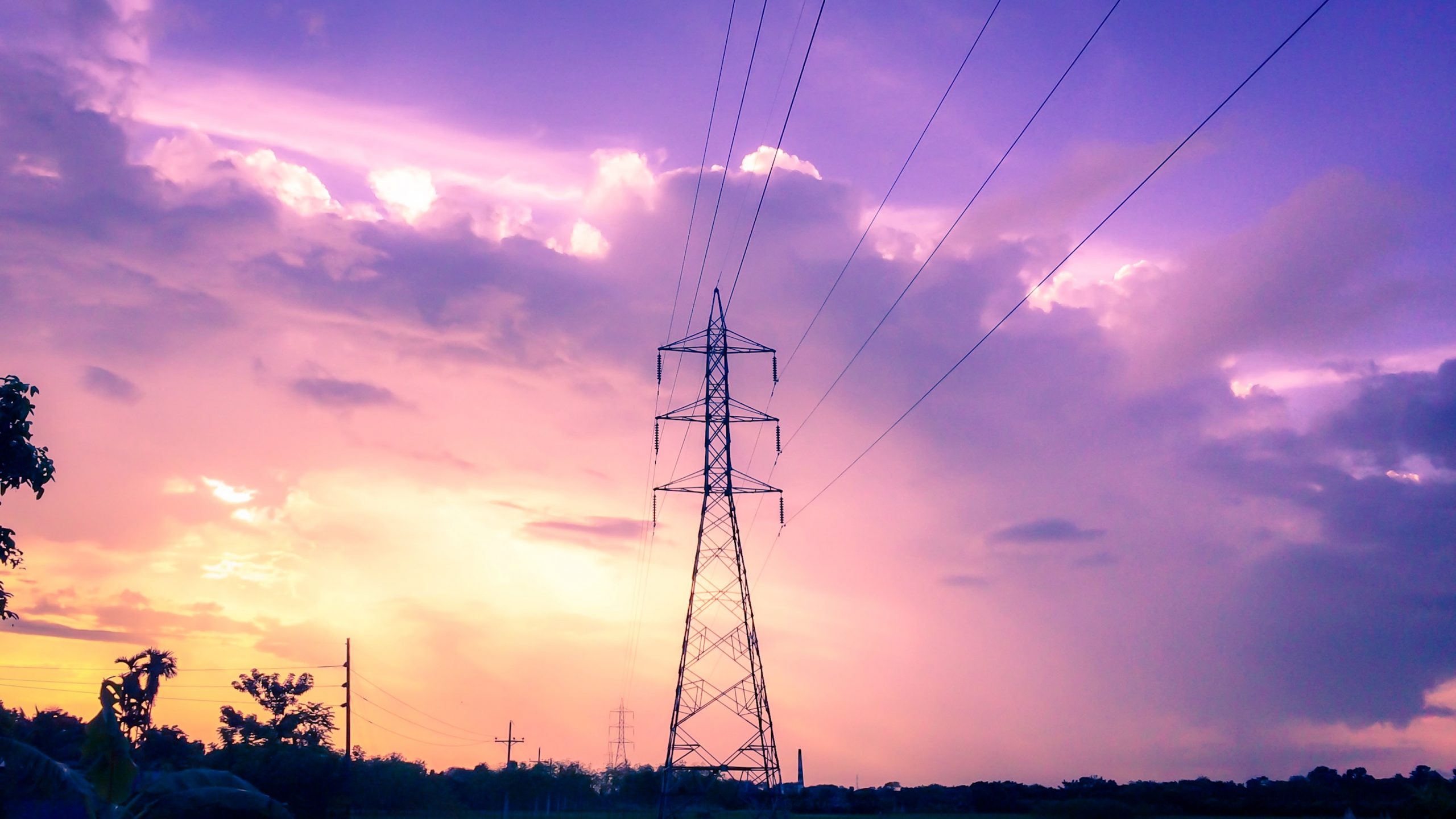Sub-Saharan Africa will see moderate but positive growth of 2.7% this year, a welcome rebound from the region’s first recession of 25 years in 2020 when the region shrank by an estimated -3.7%. But 2021 is probably going to be just as tough for African economies as it was in 2020.
Last year, there was a 6.1% decline in per capita income in the region, the “deepest contraction on record,” says the World Bank in its latest global outlook. There’ll be a further 0.2% decline this year.
Like many observers, the bank is worried that despite the commendable early efforts of African governments to lock down their economies from Covid-19 the pandemic has not really let off. Several countries are going through a second wave that is more severe than the first.
These persistent outbreaks and the uncertainty they create will inhibit economic growth and ultimately set living standards back by a decade, says the bank, reiterating its early pandemic warnings.
One of the many reasons, African economies have struggled has been the unprecedented capital outflows needed to help manage their economic lockdowns even as foreign direct investment all but disappeared. In 2020, FDI to Africa collapsed by 30%-40% and remittances fell by 9% leaving little room to maneuver for African finance ministers.
This is likely why despite ongoing concerns about mounting debt levels, government debt in the region jumped another 8 percentage points to around 70% of GDP, says the IMF. The fear now is that rising interest payment obligations will see some countries sacrifice their developmental targets like health and education.
If you’re looking for a few positives, there’s the fact export growth is expected to accelerate this year in line with the rebound in economic activity among major trading partners like the US and China. But that growth won’t be especially strong for oil producers and other extractive-reliant economies. The region’s largest economies, Nigeria and South Africa will have more tepid recoveries, overweighting sub-Saharan Africa’s average growth rate downwards.
But more diversified economies including Kenya, Côte d’Ivoire and Tanzania will recover better, all things considered. In general, economic recovery is expected to be slightly stronger among agricultural commodity exporters, averaging 4.5% in 2021-22.
These forecasts are made on the expectation FDI picks up as uncertainty eases and progress is made toward the full implementation of the African Continental Free Trade Area agreement (AfCFTA) alongside other economic and business reforms being tracked across the continent.
SOURCE: Quartz Africa

Ethiopia has cleared the way for Safaricom to introduce M-Pesa in the market of 110 million people after deciding to include the ...

Egyptian largest private sector bank by assets Commercial International Bank (CIB) is seeking to acquire more banks to strengthen ...

The European Investment Bank and International Solar Alliance have published a study outlining access solutions to overcome key ...

Kenya has been ranked the top country in the world in reducing population with no access to electricity, pointing to the impact ...